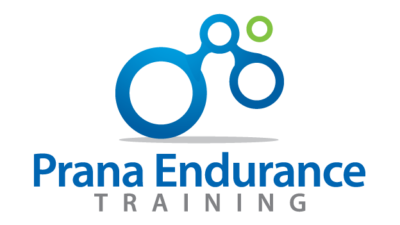How To Properly Fuel For Your Morning Workout
The topic of morning nutrition has come up a few times in recent runs with our local group Tulum Running. As most of us know this is a topic which can vary greatly from athlete to athlete. Some of us are able to process a great deal of food, whereas others do best on the lighter side or even on an empty stomach. So, in this post I will touch on the importance of fueling your body during your training season.
Simply stated, proper fueling starts with having a purpose for what you are fueling for, so if you are going to be asking a lot of your body during a training session you need to fuel correctly before and after to maximize performance. This will of course change during your endurance days or your recovery days and when you are fueling your body for a different purpose altogether.
Most of the athletes I coach are busy adults who sacrifice sleep to get their training in before heading to work and getting on with the day. This results in most workouts being done on an empty stomach, dehydrated and when glycogen stores are at their lowest levels. These are not the best conditions to go out and demand a strenuous workout from the body. For these reasons it is important to work with your coach to structure training accordingly.
For example - on speed, tempo and long run days I ask my athletes to wake up a bit earlier to hydrate and fuel for the taxing workout ahead of them. This is particularly important on glycogen depletion workouts which are done with much care and with the purpose of training the body to become most efficient at utilizing its own fat as fuel. On recovery days, when we are not asking the body to perform at optimal levels sleep takes precedence and fueling takes a back seat.
Breakfast options during your quality workouts can come in the form of whole wheat toast with peanut butter and some coffee, or a smoothie, which can be made the night before. That is a quick way for your body to absorb fuel and aid in hydration. Given that all our systems are a bit different I recommend athletes use the first few weeks of training to find what works for them in regards to food types and timing. With that said, I do provide general guidelines of about 60% calories from carbs, 20% protein and 20% fat. I have found that this is a good balance which will sustain you during a demanding workout.
Post workout nutrition is equally important if not more, as it is the optimal time for your body to absorb nutrients to help you recover and get on with your day. My personal favorite is a bowl of old fashioned oatmeal with some brown sugar, cinnamon, vanilla and granola accompanied by a whole milk latte and of course some water.
What is your go-to post workout nutrition?

